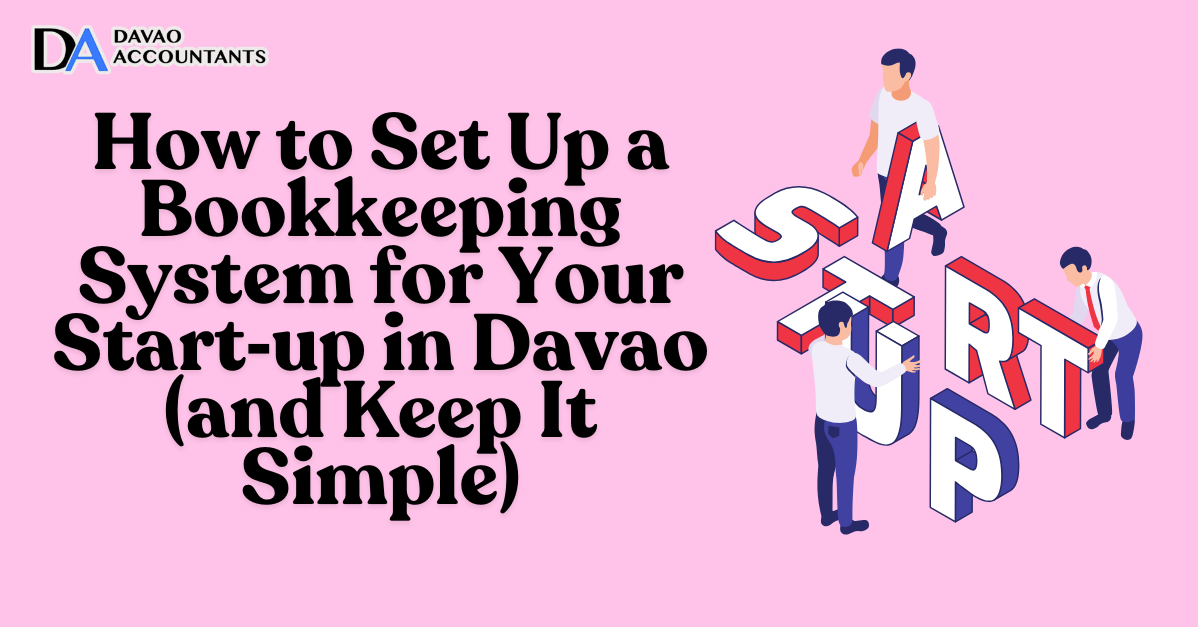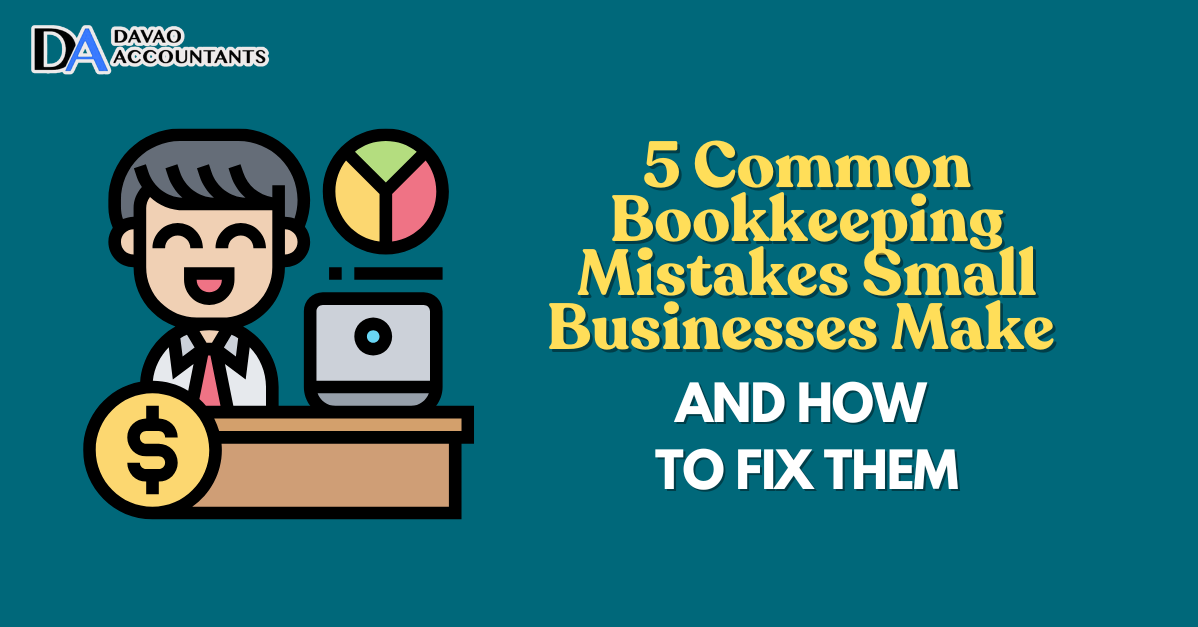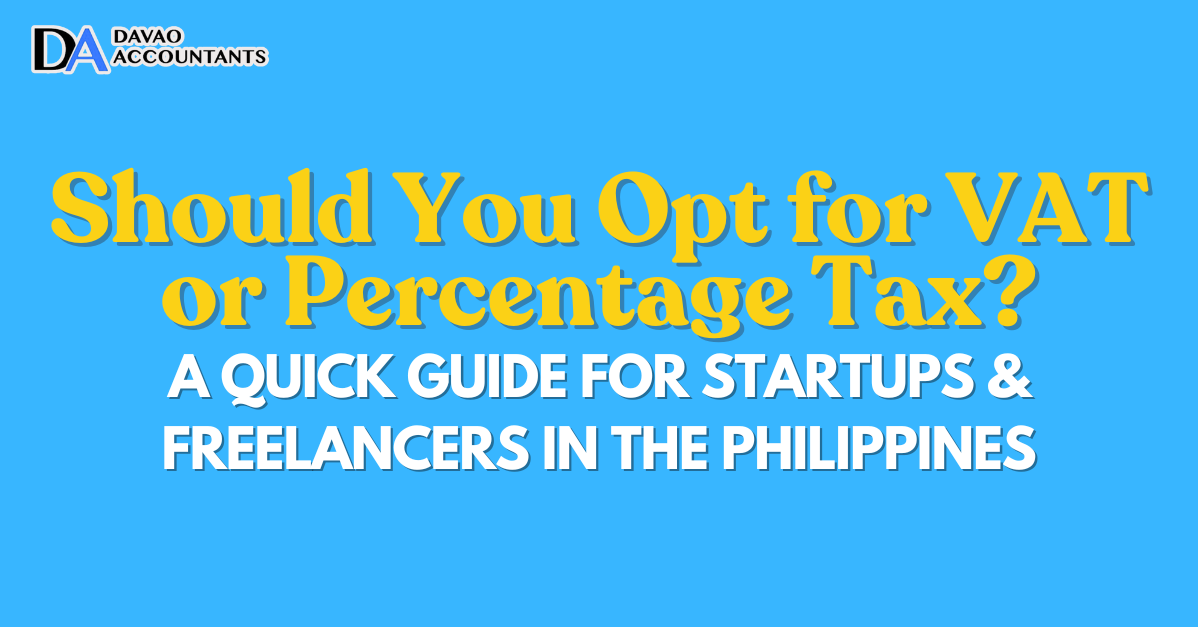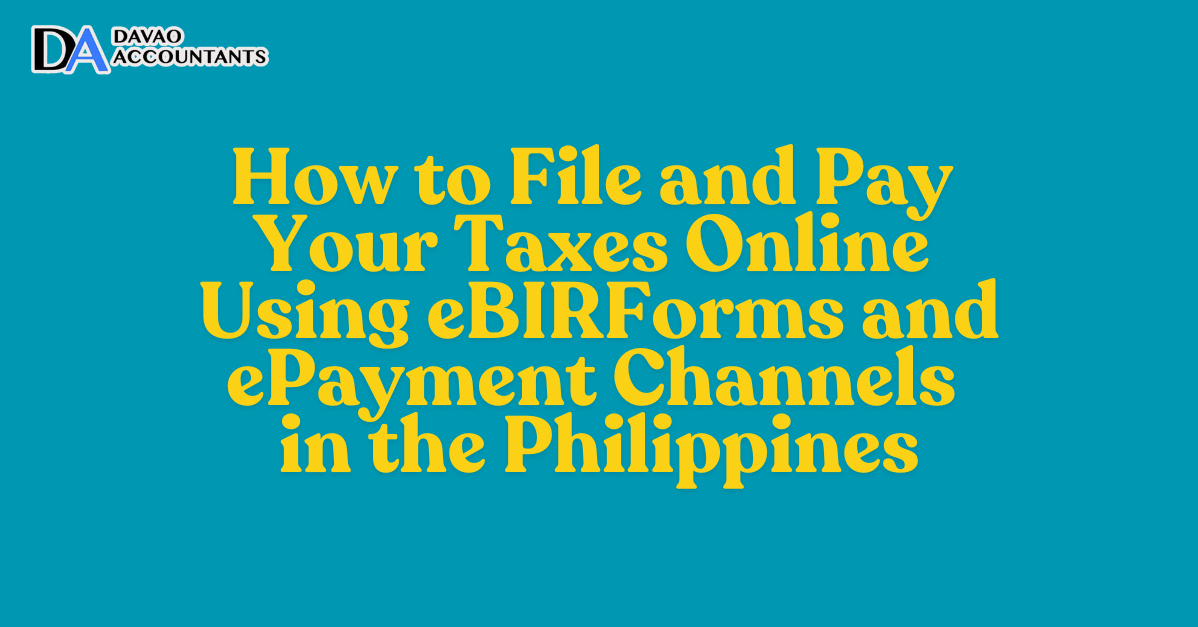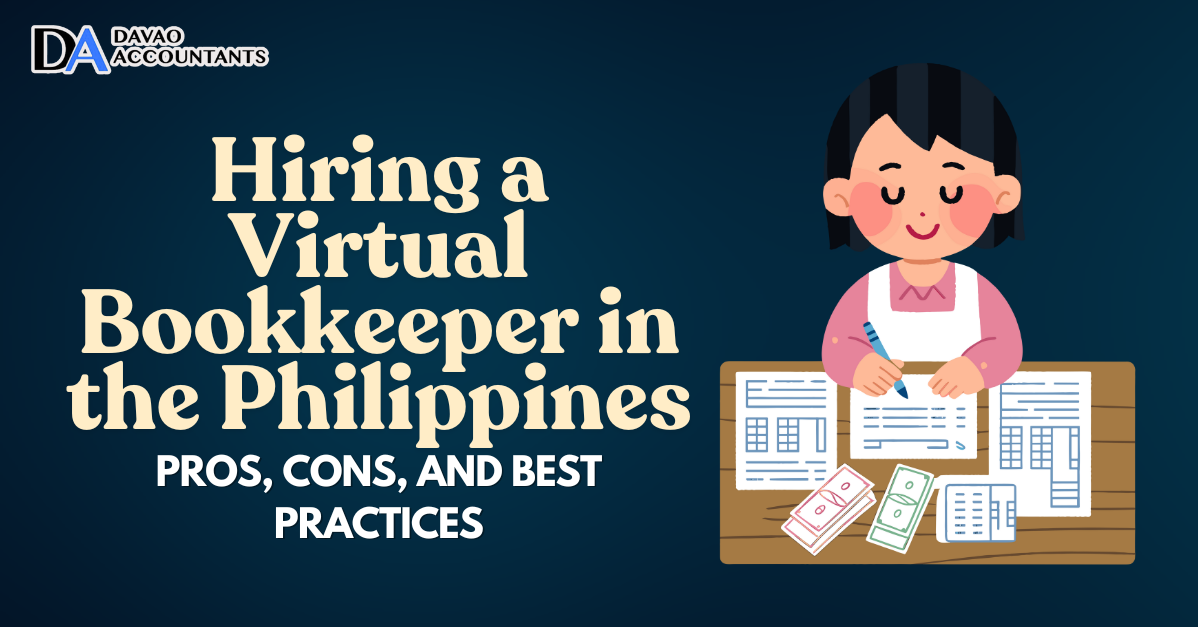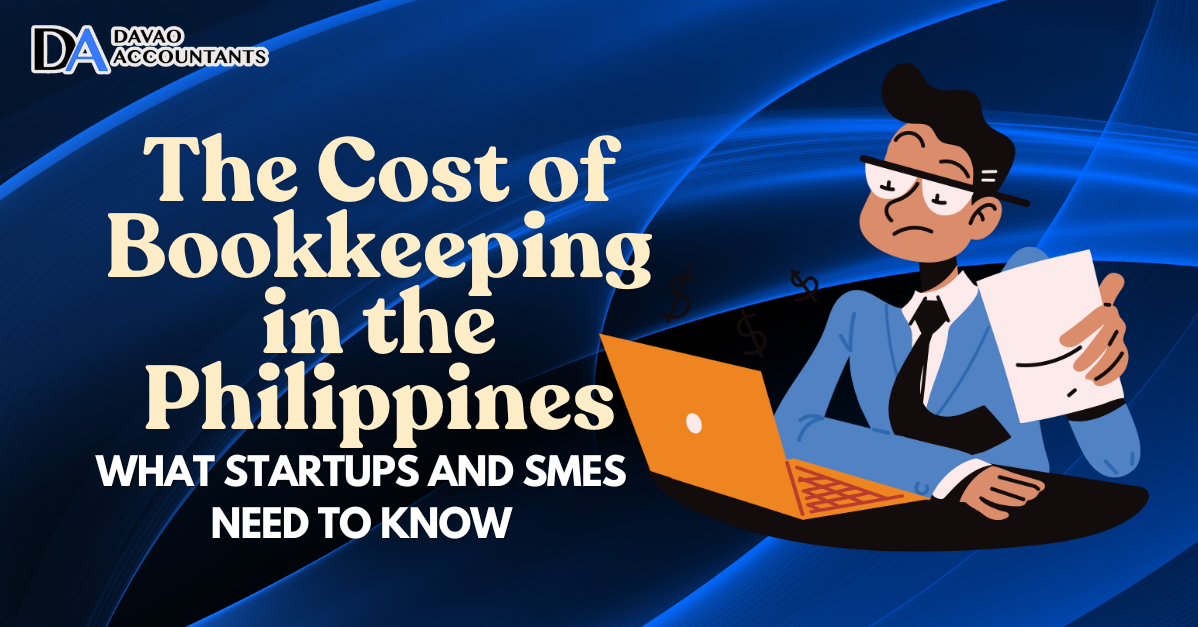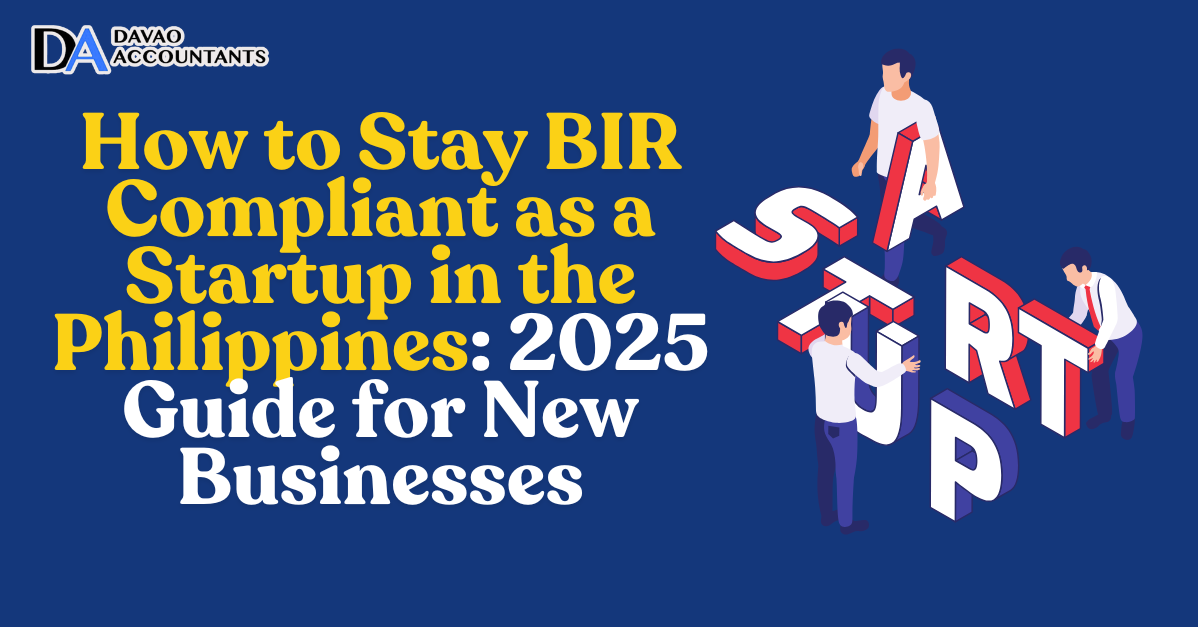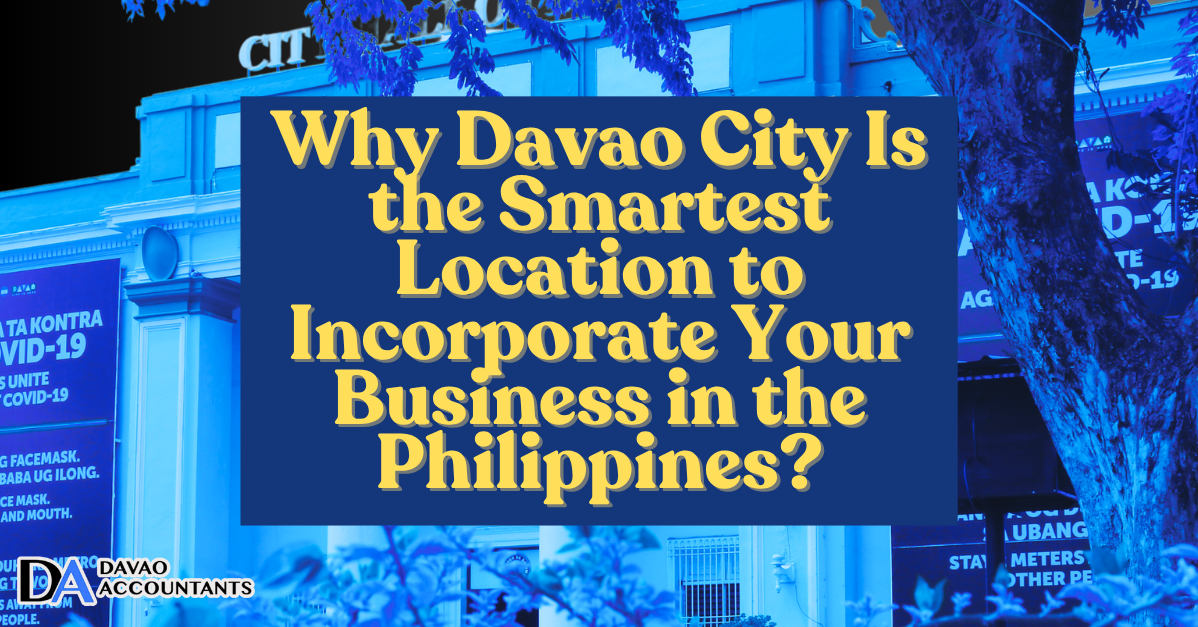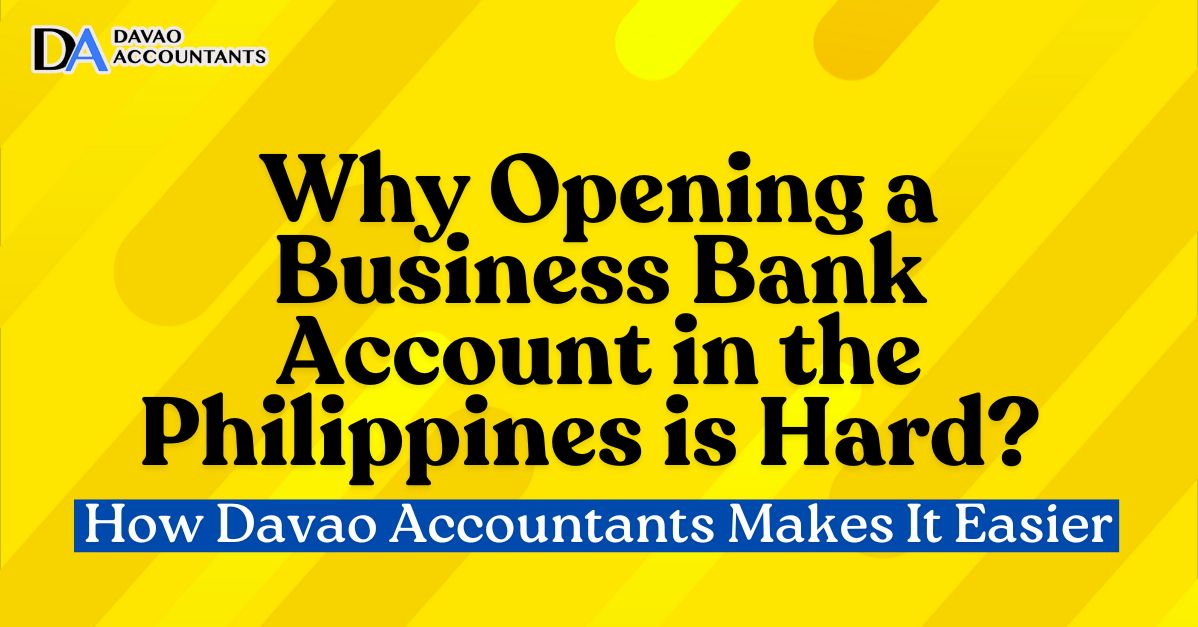A landmark Fair Work Commission decision has put tens of thousands of Australian firms on notice: remote Filipino “contractors” can now claim the same legal protections as on-shore employees. Partnering with a Philippine Employer of Record (EOR) like Davao Accountants is the fastest, lowest-risk way to keep the savings you love while eliminating the legal exposure you don’t.
Table of Contents
Toggle1. The Joanna Pascua Ruling: A Wake-Up Call for Offshore Employers
On 2 June 2025 the Fair Work Commission ruled that Joanna Pascua, a Manila-based paralegal dismissed by a Brisbane credit-repair firm, was in fact an Australian employee entitled to the National Employment Standards, minimum wage, and unfair-dismissal protections — even though she never set foot in Australia. The full bench later upheld the decision, clearing the way for Pascua’s wage and unfair-dismissal claims to proceed. Lawyers say the case opens the door to class actions by “virtual” staff across the region.
2. Why This Matters to Australian Businesses
| Risk Area | What Changes After Pascua | Potential Cost |
| Jurisdiction | Fair Work Act can now reach overseas staff performing work “in the service of” an Australian entity. | Higher litigation exposure and penalties up to A$93,900 per breach. |
| Worker Status | “Contractor” labels scrutinized against the real nature of the engagement (rostered hours, direct supervision, single client). | Reclassification could trigger back-pay, superannuation, leave, and penalty rates. |
| Class Actions | Lawyers signal appetite for group wage-theft or gender-pay-gap claims on behalf of offshore teams. | Multi-million-dollar settlements plus reputational damage. |
Small and mid-sized enterprises are particularly vulnerable: they rely on Philippine talent to stay competitive yet lack in-house HR/legal teams that can manage bi-jurisdictional compliance.
3. Contractor DIY vs. Employer of Record
36,000+ Australian companies already use BPO or offshoring models, according to IBISWorld (2024).
Most start with simple “independent contractor” agreements. After Pascua, that model now looks like this:
| DIY Contractor Route | Employer of Record Route |
| ❌ Must monitor two legal systems (PH + AU). ❌ Risk of misclassification fines in both countries. ❌ Payroll, tax, SSS, PhilHealth, Pag-IBIG filing on your own. ❌ No local HR to manage disputes—matters end up in AU tribunals. | ✅ Davao Accountants legally hires the worker in the Philippines and appears on the local payslip. ✅ Australian firm signs one services contract—no employment relationship under AU law. ✅ Statutory benefits, taxes, and time-off handled end-to-end by our in-country HR/payroll team. ✅ Clear IP, data-privacy, and non-compete protections drafted to AU standards. |
4. How Davao Accountants’ EOR Shield Works
- Local Employment Contract – We hire the talent under Philippine Labor Code standards, locking in security of tenure, 13th-month pay, and government contributions.
- Tripartite Service Agreement –Your company retains day-to-day task control, but Davao Accountants is the legal employer—shielding you from Fair Work Act exposure.
- Payroll & Compliance Engine –Our competent consultants run salary, taxes, leave accruals, and mandatory reports. Transparent monthly statements are prepared as supporting attachments to monthly billings.
- Embedded HR & Risk Team –We mediate performance issues, issue notices, and execute lawful terminations under Philippine rules, so grievances stay local, not in your area.
5. The Business Case: Cost Efficiency and Compliance
| Metric | Independent Hire | Davao Accountants EOR |
| Upfront Setup | Establish foreign entity (~A$25k+) | One-time onboarding fee (fraction of entity cost) |
| Ongoing Cost | Salary + ~30% AU statutory on-costs if reclassified | Salary + fixed EOR fee (from USD 125/employee/mo) |
| Legal Exposure | Dual-jurisdiction litigation | Localized disputes, AU-company shielded |
| Time to Deploy | 2–4 months (entity) | 2–4 months (entity) 7–10 business days |
6. Why Choose Davao Accountants Over Generic BPOs?
- Dual-Qualified Leadership – Run by Philippine CPAs and lawyers experienced in Philippine labor law, tax, and human resource management.
- Full-Stack Compliance – SEC registration, BIR VAT filings, data-privacy audits, and payroll tax—all under one roof.
- Talent Hub in Davao City – Lower cost base than Manila means 20–30 % extra savings without sacrificing talent.
- Custom HR Policies – We mirror your core values and KPIs, ensuring cultural alignment with Aussie team members.
- Transparent Reporting – Monthly SLA scorecards and optional biometric time-tracking—no hidden margins.
7. Frequently Asked Questions
Q: Could an EOR arrangement still be challenged in Australia?
A properly structured EOR keeps the Australian entity out of the employment chain. Courts look at the legal employer of record, which will be Davao Accountants in the Philippines, not your Australia Business Number (ABN).
Q: Can we migrate existing contractors to the EOR model?
Yes. We handle contract novation, continuity of service computations, and government registrations without interrupting operations.
Q: What roles are best suited?
Accounting & finance, customer success, software QA, paralegal support, marketing ops—any function that can be KPIs-driven and managed remotely.
8. Next Steps
- Book a 30-minute consult with our Delivery Director to map your current contractor pool and risk profile.
- Receive a tailored cost-benefit analysis comparing DIY vs. EOR for each role.
- Onboard in under two weeks and enjoy worry-free operations, knowing your Philippine team is fully compliant—locally and in Australia.
9. Conclusion
The Pascua decision has reset the risk landscape for offshore staffing. Australian businesses can still reap the cost and talent advantages of the Philippines—but only if compliance is bullet-proof. Davao Accountants’ Employer of Record service delivers that shield, combining legal rigor with the flexibility your growth demands.
Ready to future-proof your Philippine workforce?
👉 Email support@davaoaccountants.com or schedule a call via WhatsApp.
